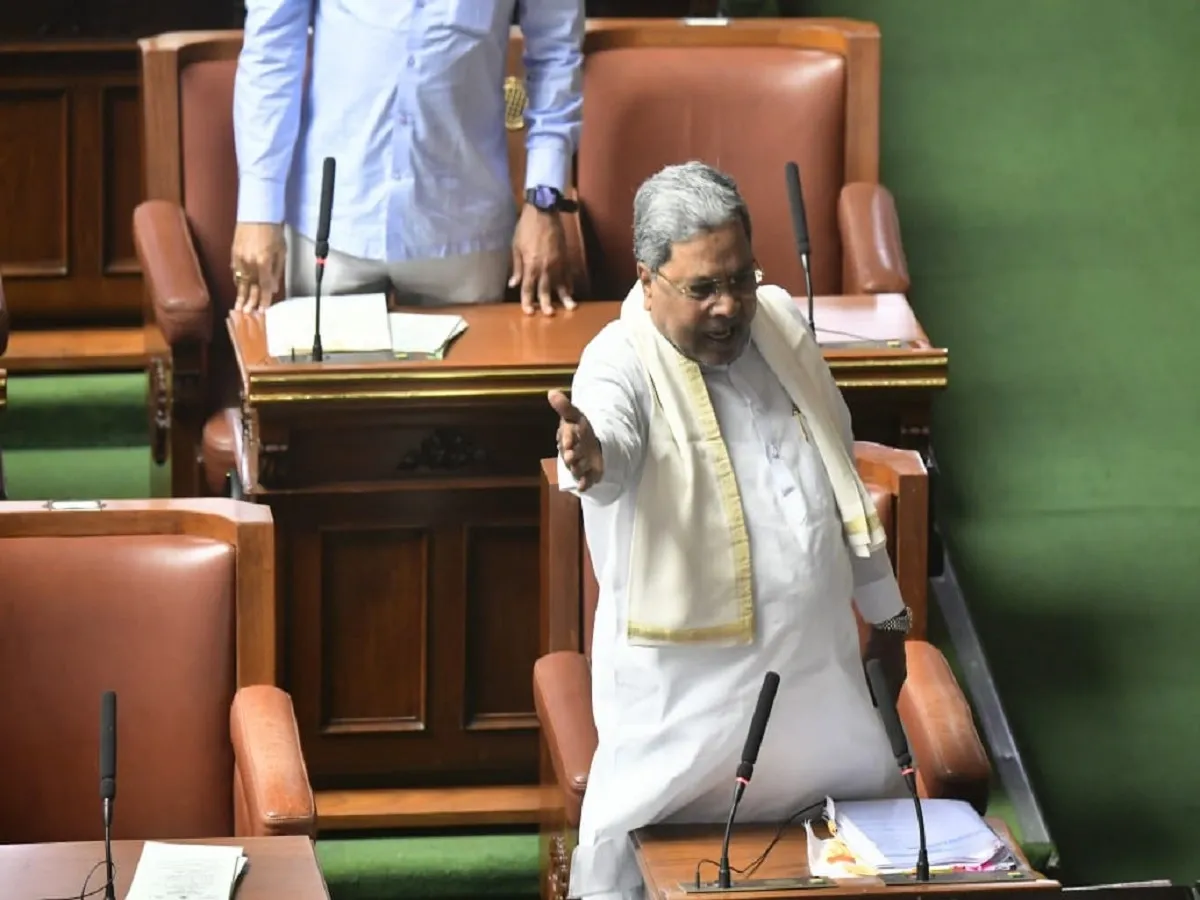Business News
Karnataka job quota Bill put on hold: Who is eligible, why the backlash, and other questions answered

3 min read | Updated on July 19, 2024, 11:37 IST
SUMMARY
The Karnataka government has put the job reservation bill on hold amid backlash from industry leaders. It proposed a 50% and 75% reservation for Kannadigas in management and non-management roles, respectively, and a 100% reservation for the locals in C and D category jobs in the private sector. The bill is now under review and a decision is expected soon. Details below.

Karnataka govt has put the job reservation bill on hold amid backlash
Karnataka State Employment of Local Industries Factories Establishment Act Bill, 2024, introduced to reserve 50% of management and 75% of non-management jobs for Kannadigas (Karnataka locals) in private sector companies, is now temporarily on hold.
What is the Bill?
The legislation aims to ensure that all industries, factories, and other private organisations hire 50% and 75% locals for management and non-management roles, respectively. The Bill, approved by the Cabinet led by Karnataka Chief Minister Siddaramaiah on Monday, July 15, proposed a 100% reservation for Kannadigas in C and D grade jobs in the private sector (clerical, support staff, manual, and semi-skilled labour jobs).
Who is a ‘local’?
According to the Bill, a person born in Karnataka who can read and write the Kannada language and has resided in the state for the past 15 years is defined as a local. Such a person is eligible to seek benefits under the proposed law.
All those applying for the benefit under the legislation have to mandatorily clear a language proficiency test, which will be conducted by the nodal agency notified by the state government.
How will the Bill be implemented?
Industries, factories, and other establishments will have to inform the nodal agency about their laws that align with the proposed law within a specified period. The agency will then run the verification process and submit its findings to the government.
The nodal agency may also request any supporting details or documents from the organisations for further verification.
An official at least holding the rank of an Assistant Labour Commissioner appointed by the government will work on ensuring compliance with the Act.
If any organisation violates the provisions of the proposed law, employers or managers can be charged with penalties from ₹10,000 to ₹25,000.
Additionally, a fine of up to ₹100 per day can be imposed due to further violations until they are resolved.
In case qualified locals are not available for a position, organisations will be mandated to provide training to the available candidates with the help of the government and its agencies within three years.
If enough Kannadigas are not available, organisations are allowed to request for a relaxation under the Act from the government. If the relaxation is provided, the establishments will still have to ensure that locals are hired for at least 25% of management roles and 50% of non-management roles.
Why is the Bill put on hold?
After the state cabinet approved the legislation on Monday, it received severe backlash from state industry leaders. The initial announcement by Chief Minister Siddaramaiah’s government included 100% reservation for C and D job categories along with other provisions. However, after a controversy erupted, the social media post on the new law was deleted, and the revised post by the CM did not include any mention of the reservation figures.
In a post on X, Siddaramaiah said, "The bill approved by the cabinet to provide reservation for Kannadigas in private sector organisations, industries, and enterprises has been temporarily put on hold. This will be revisited and decided in the coming days."
Furthermore, he said that "the draft bill intended to provide reservations for Kannadigas in private sector companies, industries, and enterprises is still in the preparation stage" and that "comprehensive discussion will be held in the next cabinet meeting to make a final decision".
Nasscom, ASSOCHAM, and many other industry bodies as well as representatives have expressed their doubts about the proposed law. Many have called the legislation unconstitutional and discriminatory while mentioning their concerns regarding its provisions.
About The Author
Next Story

